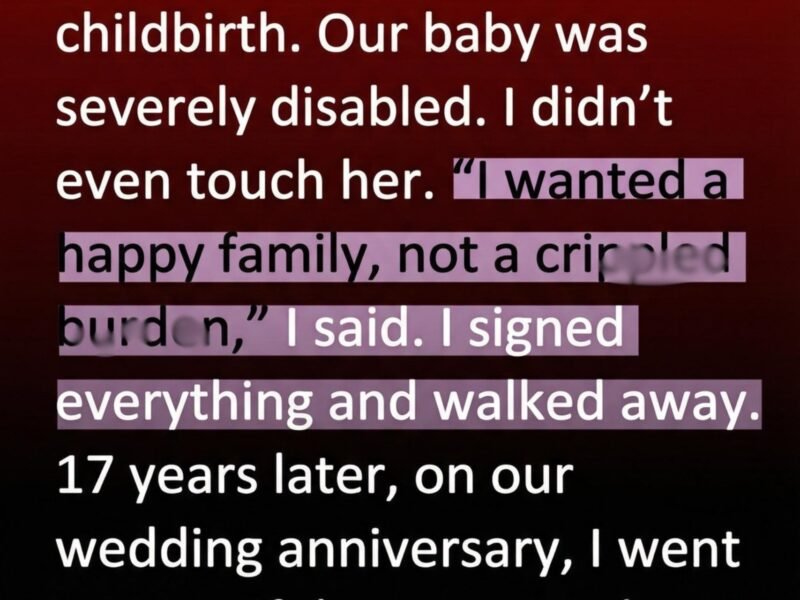Life had never been easy for me—not in the glamorous, movie-worthy way, but in the quiet, day-to-day balancing act that most people never see.
At 43, I worked the morning shift at a small grocery store, keeping my family afloat one scanned item at a time. My husband, Dan, spent his days repairing leaky faucets and flickering lights at the community center, coming home exhausted but always greeting us with a smile.
Every month we stretched our paychecks like taffy, saving every extra coin so our daughter Maddie could chase her dream of attending a university far beyond the reach of our little town. Dreams cost money—and love—and we were giving her as much of both as we could.
One Saturday morning, during a rush of customers, a woman came through my line with two quiet children and a cart filled with food that spoke of careful budgeting: rice, milk, beans, bread. When I read her total, I watched her face fall, the light dim just slightly.
She whispered for me to remove the apples and the cereal—small things, but big enough to break their budget. Her kids didn’t whine or complain; they simply stepped back with practiced silence, the kind that told me this wasn’t the first time they heard “maybe next time.”
Without thinking, I reached for my wallet and paid for the items myself. A tiny act, just a handful of dollars, but it felt like the right thing to do—an instinct born from knowing how close a family can sit to the edge.
A few days later, my heart seized when a uniformed police officer walked into the store asking for me by name. But instead of bad news, he brought gratitude.
He was the children’s father, newly returned from work out of state, and when his wife told him what happened, he insisted they find me. He brought me to a small café where they waited with shy smiles and a crayon drawing of me wearing a superhero cape.
They bought me lunch, thanking me over sandwiches and hot soup, sharing laughter as if we’d known each other longer than a morning at the checkout line. For the first time in years, I felt truly seen—not as a cashier or a mother or a wife—but simply as someone who had made another family’s day a little easier.
The following week, my manager called me into the office. My breath caught, preparing for the worst, but instead he handed me a letter—written by the officer, praising my kindness and urging the company to value employees who lift their community.
Then came the words I never expected: promotion to shift manager. My hands shook as I read the letter, realizing that the apples and cereal I’d bought without a second thought had rippled outward, touching lives I never meant to reach.
Small kindnesses, it turns out, return to us in the gentlest, most unexpected ways—proof that even the simplest good deed can light a path far beyond where we ever imagined it would go.


